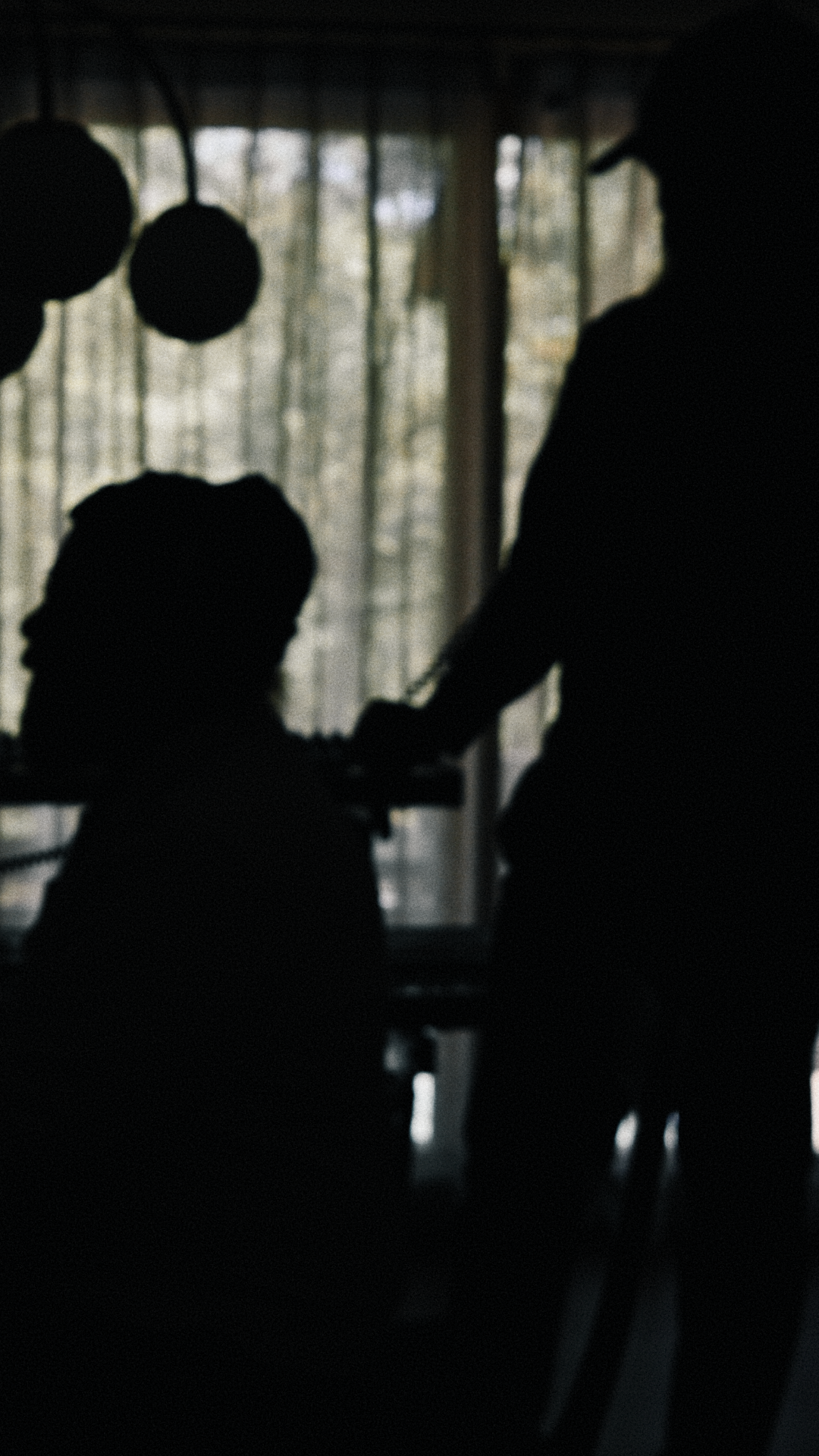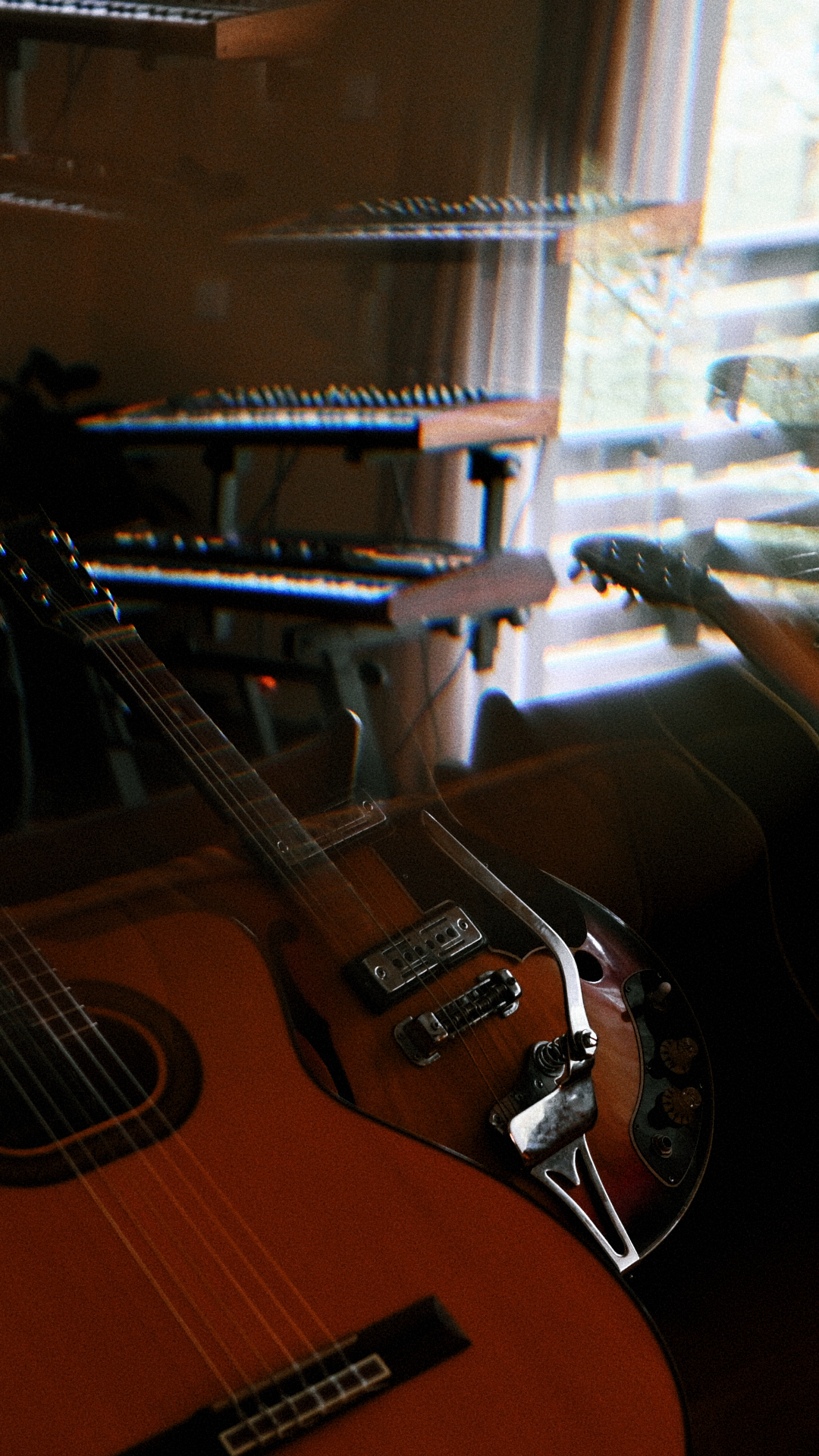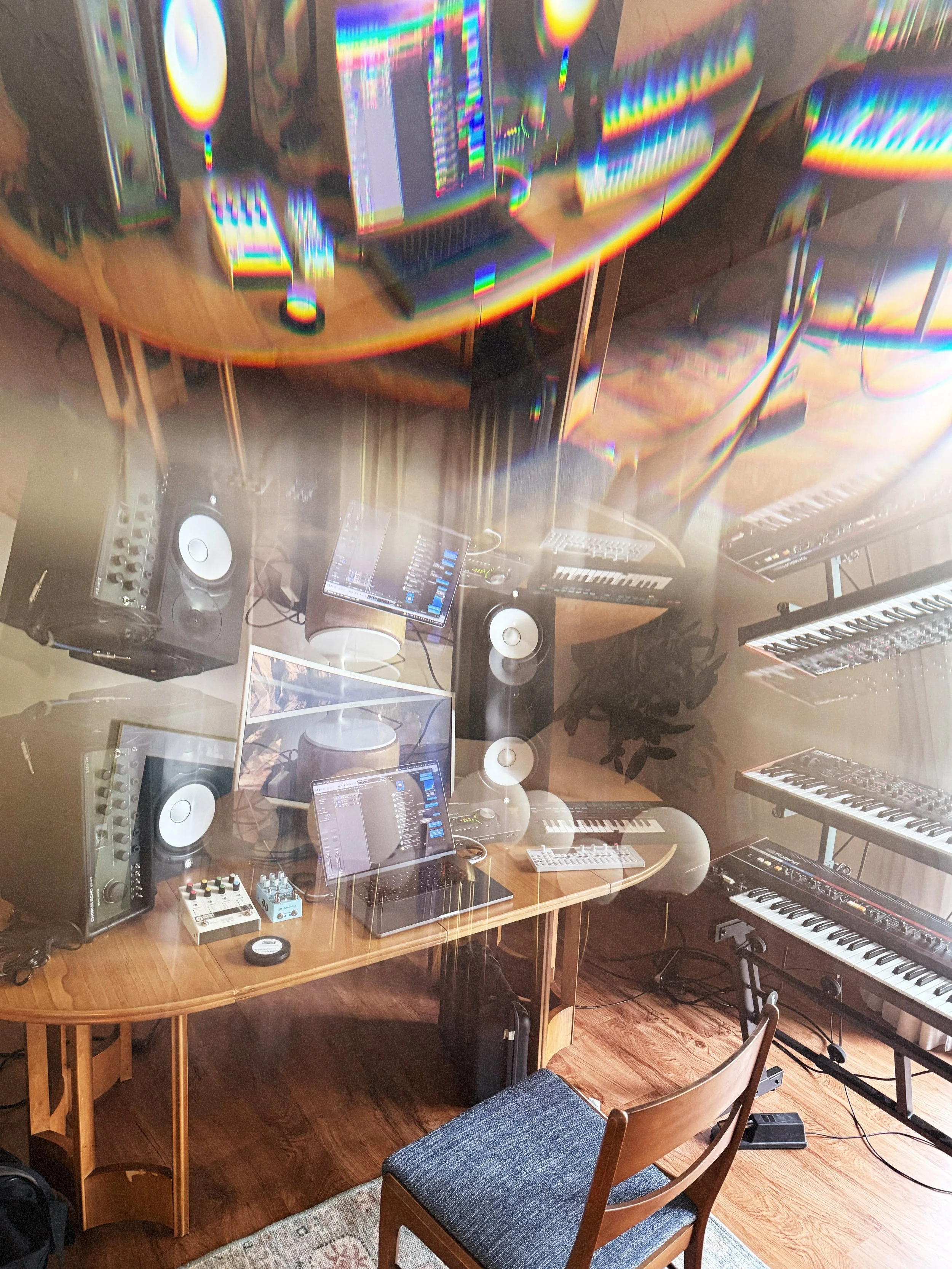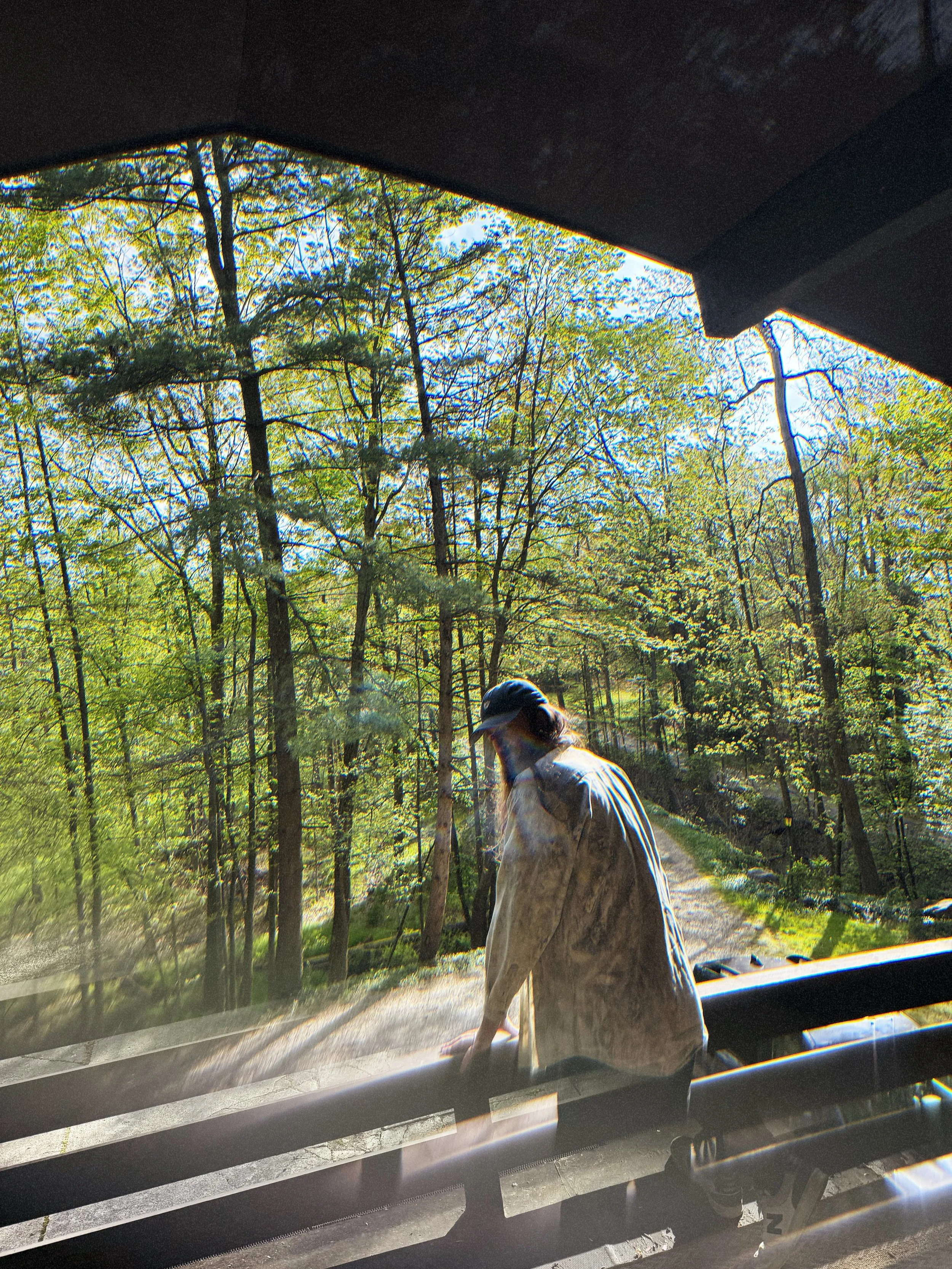Ashwire: Five Days in the Woods
Ashwire began with a question.
We had just wrapped tracking on our debut full-length album—a project we’d spent three years writing, refining, and building piece by piece. As we waited for the final mixes and masters to come through, we found ourselves restless. Not burned out, but creatively suspended. So we asked: what would it sound like to compress our entire process—years of thought, experimentation, and layering—into a single, uninterrupted burst?
With that, we packed up our gear and headed into the woods.
We stayed in a quiet cabin surrounded by nature—no distractions, no external voices. Just us, our instruments, and a loose idea that maybe we could make something honest under extreme constraint. No demos, no prewritten lyrics. We arrived with nothing.
We set up quickly—pushing furniture aside, running cables across wood floors, stacking microphones in strange corners to make the space work. Elijah set up his home base in the living room, building a wall of pedals and synths on the main floor. Justin headed downstairs to the basement, creating a vocal ideation space where he could write in isolation. At first, we worked separately—improvising with no clear direction.
As soon as Elijah had an instrumental ready to share, we fell into our familiar rhythm: he’d send over his newest creation, and Justin would hit record and begin writing vocals in real time—without knowing where the music would lead him. It’s an unpredictable, instinct-led process that we’ve come to trust deeply. We repeated this cycle for much of the first two days.
Unlike the full-length album—where our philosophy had been to always say yes to new ideas and follow every thread that intrigued us—Ashwire forced us to work differently. We had to be decisive. We had to say no to ideas that didn’t come quickly or clearly enough. There was no luxury of time to explore every direction. We had to move forward with whatever held momentum.
The first night was rough. The pressure was real, and we questioned whether we’d taken on more than we could handle. But we got a few hours of sleep, woke up to the soft morning light filtering through the trees, and returned to work with clearer heads. That second day, things opened up. Songs began to form. Ideas we’d doubted the night before found their shape.
Midday, a group of string players arrived for a session we improvised in real time. Later in the weekend, we brought in a saxophonist and two backing vocalists to add more depth to the sound. Coordinating everyone and carving out space for their contributions on such a tight schedule wasn’t easy, but it added new texture and tone we couldn’t have achieved on our own.
We worked day and night, layering production, refining lyrics, and capturing performances as they happened. The process never really paused—writing blurred into tracking, arranging blurred into mixing. We used the final days to record vocals and finalize the mixes, pushing ourselves until the very end.
By the time we left the cabin, we had eight tracks. Two remained in their raw demo state, exactly as they were first captured. The first single, Quieter Tone, is the opening chapter of what that weekend became.
Ashwire is a vulnerable, immediate record. It doesn’t carry the polish or grandeur of our full-length album, but that’s the point. It’s instinctual. Present. There’s no scaffolding behind it—just the feeling of creating something honest under pressure. And after such a long stretch without writing new music, the experience was unexpectedly energizing.
We documented everything as it unfolded—filming sessions, capturing stills, reflecting in real time. We’ve been sharing pieces of that process ever since, offering listeners a window into that strange and beautiful weekend.
In contrast to the slow architecture of the album to come, Ashwire is something entirely its own: fast, flawed, focused—and fully alive.
The Ashwire EP was released on July 25th, 2025.





